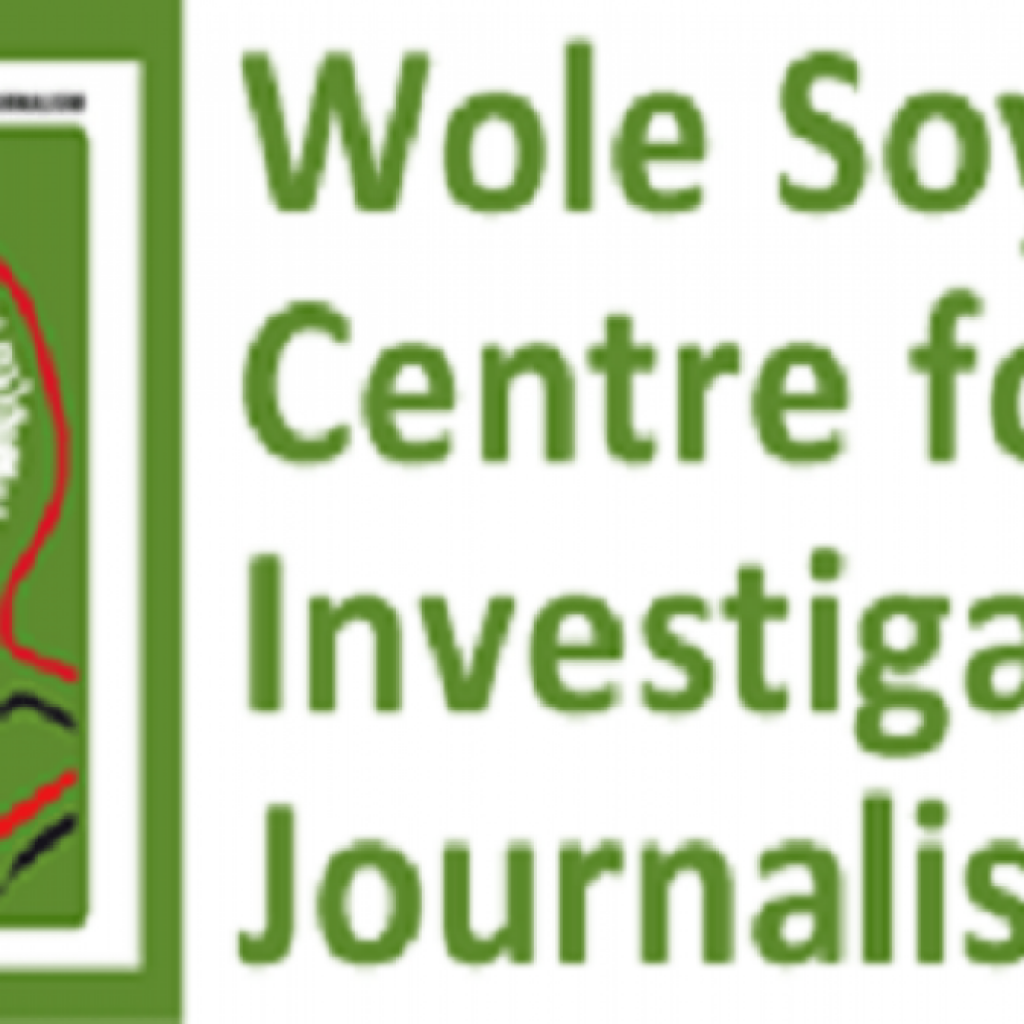
The annual fellowship which started in 2017 is tagged Female Reporters’ Leadership Programme (FRLP).
The Wole Soyinka Centre for Investigative Journalism (WSCIJ), on Monday, started training for 21 female reporters on leadership skills and ways to report Sexual and Gender-Based Violence.
The annual fellowship which started in 2017 is tagged Female Reporters’ Leadership Programme (FRLP).
This year, it is supported by the Open Society Initiative For West Africa (OSIWA).
Speaking at the opening ceremony of the four-day training in Lagos State, Motunrayo Alaka, the Executive Director of WSCIJ, said that the FRLP was organised for issues on ethics, equity, equality and sustainability to be upheld in the media.
“We noticed that there were very few editors in chief that were females in Nigeria. We saw that voices in news were mostly male. Women are scarce as sources of news and experts. We had to conclude that women were underrepresented and misrepresented,” she said.
Asides from the highlighted, she noted that women are often projected as victims and while perpetrators of crime are hidden, the survivors, particularly females are splashed all over the media.
According to her, SGBV is the “other pandemic which happens everywhere in the world”.
Consequently, the fellowship will focus on violence against women and girls, she said noting that culture and religion “are the big elephants while reporting related issues.”
Ms Alaka called on media houses to create a policy that ensures women occupy a certain percentage of leadership positions in the newsroom.
She asked that media reports showcase the strength of women through professionalism and as result show the full picture of society by not neglecting women.
She also informed that fellows from previous training are “defining moment for their lives and careers” as some already hold leadership positions in their newsrooms.
Joseph Amenaghawon, a representative of OSIWA, said the aim of the programme is to empower female reporters with skills to address ‘exclusionary’ activities in newsrooms and give attention to issues of SGBV in Nigeria.
“The training is targeted at female reporters equipping them with leadership potentials and support them with training to promote issues important to women”, he said.
He noted that beneficiaries are expected to apply skills acquired from the training in their daily job.
Representing the Lagos state Commissioner of Women Affairs and poverty alleviation, Abimbola Badejo highlighted programmes organised in the state to tackle SGBV issues.
They include–publicity and enlightenment campaigns on the effect of social violence at local government areas across the states, skill acquisitions programmes and training for women to kick start their businesses.
“We will not relent in the commitment to the well-being of our women,” Mr Badejo said.
Women right advocates, the media, medical experts and the police were present at the opening ceremony.

